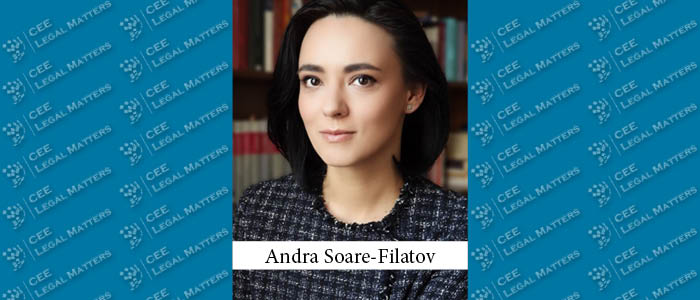Tax dodging may cost Poland over EUR 11 billion a year. It is estimated that corporate tax evasion accounts for around EUR 2 billion annually. VAT frauds alone may cause the State budget losses of EUR 9 billion every year. These numbers have encouraged the Polish government to increase efforts aimed at closing existing loopholes.
General Anti-Avoidance Regulation
On July 15, 2016, a new GAAR (General Anti-Avoidance Rule) clause was introduced into the tax system in Poland. This GAAR applies not only to future transactions but to all “optimizations” made in past years if they result in tax benefits after July 15, 2016. Accordingly, all transactions of an “optimizing” or restructuring nature should be verified to confirm whether they may be subject to GAAR.
According to the GAAR, lawful legal transactions with the main purpose of obtaining a tax advantage must not be permitted to result in tax benefit. Tax benefits include reducing, postponing, or avoiding tax liability or creating an entitlement to a tax refund or an excessive tax refund.
The new law will apply to any action that is carried out solely for the purpose of achieving a tax benefit which is considered as artificial by the tax authority. An artificial action is understood as an action that would not be carried out by a taxpayer acting in a reasonable manner and whose objectives are not contrary to the purpose of the tax law. GAAR requires certain circumstances to be taken into account when deciding whether a solution was in fact artificial or not; for example, splitting up a transaction without any reasonable justification or implementing a transaction with the involvement of intermediaries despite there being no good business reason to involve them.
GAAR only applies to transactions resulting in tax benefits in excess of approximately EUR 22,000 in the settlement period in question. See below for changes applicable to VAT-related matters.
Transfer Pricing Regulations
Recent changes to the transfer pricing rules implement the recommendations of the BEPS (Base Erosion and Profit Shifting) initiative of the Organization for Economic Cooperation and Development (OECD). The new enhanced reporting requirements should enable OECD countries’ taxing authorities to identify structures used to transfer profits among tax jurisdictions. Unifying the reporting requirements will facilitate the exchange of information among tax authorities and make it easier for them to effectively track potential tax evasion. In Poland, most of the new obligations will be effective from January 1, 2017, and will affect big corporations as well as medium and small market players.
Anti-VAT Frauds Rules
Although GAAR itself does not apply to VAT, similar amendments have been introduced to the act on VAT based on the concept of the abuse of rights. In the event of an abuse of law, activities subject to the VAT rules will only give effect to those tax results that would have occurred in the absence of transactions/actions constituting an abuse of law. The definition of “an abuse of law” is even more general than the definition of an artificial action. According to the amended provisions of the act on VAT, an abuse of law is defined as an activity that that is subject to VAT that is carried out as part of a transaction/action that, despite meeting the formal requirements specified in the provisions of the act on VAT, basically was aimed at deriving tax benefits that are contrary to the intention of those provisions.
Taxation of Closed-End Investment Funds
The most recent initiative by lawmakers is the introduction of the taxation of closed-end investment funds. Currently, EU/EEA-based investment funds enjoy a general corporate tax exemption. As profits are only taxable at the investor level upon exit, closed-end funds are often used in tax optimization structures. Although in some cases these funds are indeed used mainly to avoid or to defer the payment of tax, the shutdown of the exemption may severely harm the private equity market. Moreover, such a measure seems to be redundant, as the general anti-abuse regulation should deal with artificial structures created to avoid taxation.
These are only some of the initiatives aimed at closing existing loopholes. The government is determined, according to Prime Minister Beata Szydlo, to “tighten the leaking tax system and fight those that drain money from the state budget.” People who purposefully cheat the state by issuing false or void VAT invoices are a particular target. According to the draft amendment to the criminal code, severe penalties for VAT fraud should enter into force in Poland at the end of year 2016, including potentially even 25 years of imprisonment for VAT extortion on a large scale.
By Ron Given, Partner, and Anna Sekowska and Bartlomiej Sikora, Senior Associates, Wolf Theiss Poland
This article was originally published in Issue 3.6 of the CEE Legal Matters Magazine. If you would like to receive a hard copy of the magazine, you can subscribe here.
























